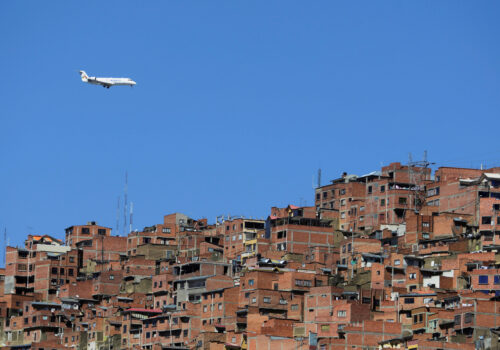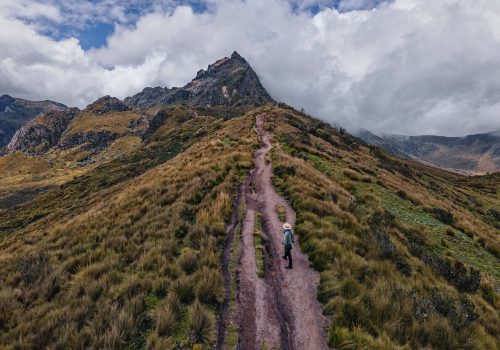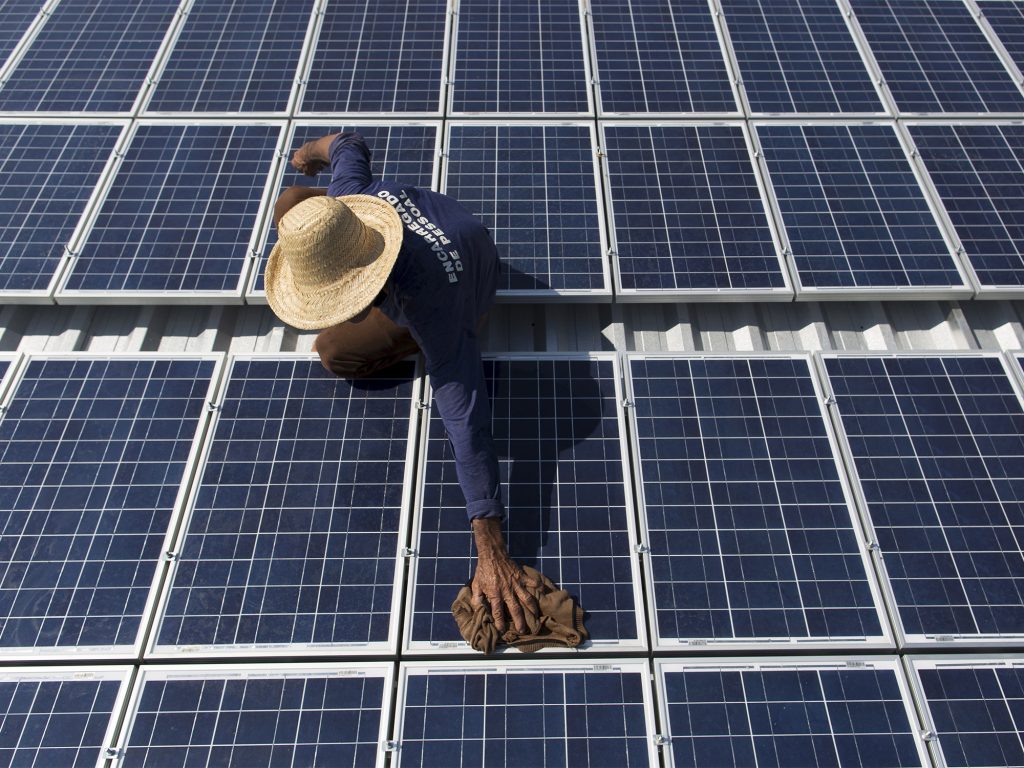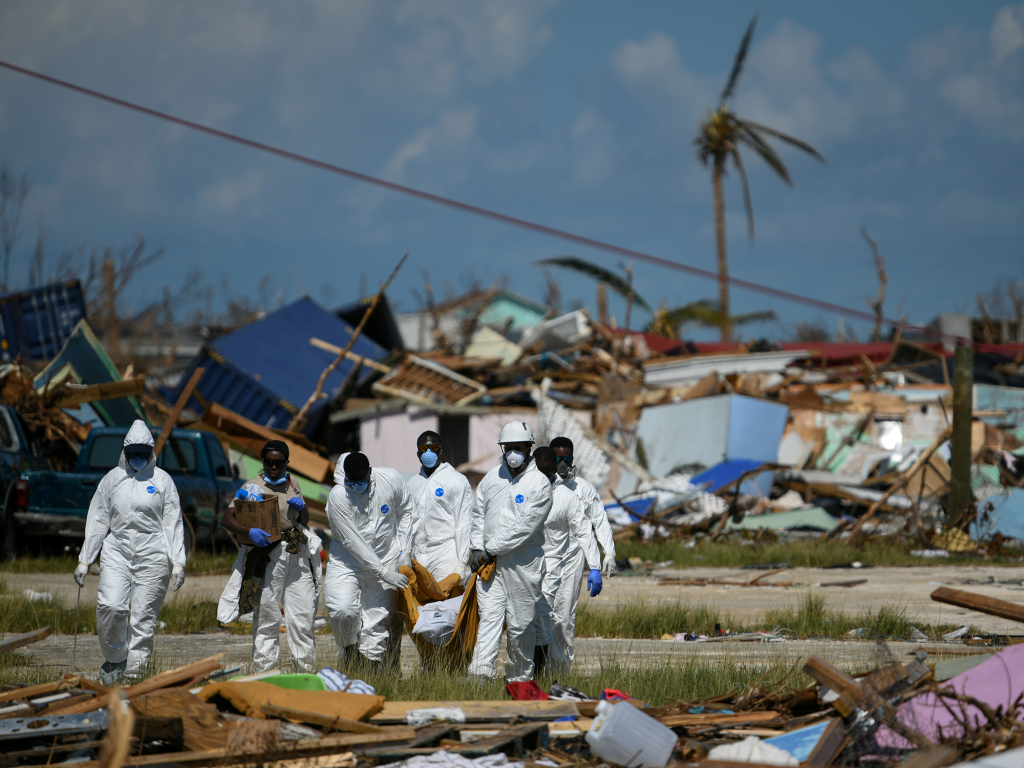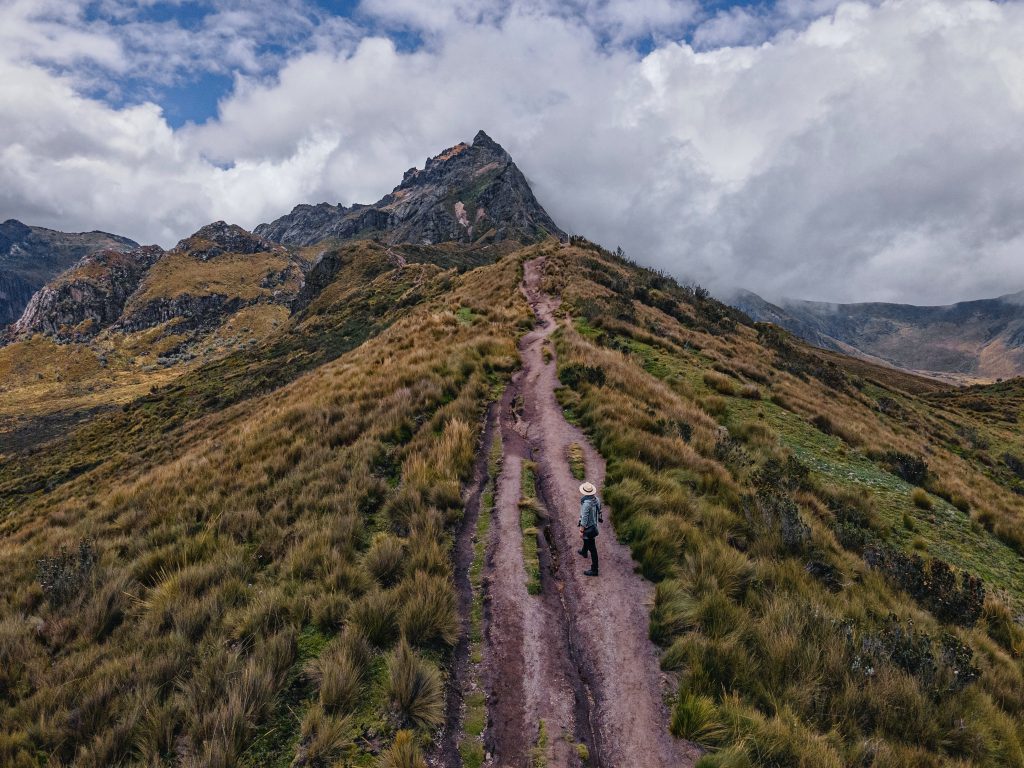The future of democracy in the Americas
The third of a six-part series following up on the IX Summit of the Americas commitments.
A report by the Adrienne Arsht Latin America Center in partnership with the US Department of State. This readout was informed by multi-stakeholder dialogues focused on facilitating greater, constructive exchange among multi-sectoral thought leaders and government leaders as they work to implement Summit commitments.
Executive summary
The Democracy and Governance commitment at the Ninth Summit of the Americas marked an imperative platform for strengthening the region’s democratic values and institutions. As the experts deliberated how to incorporate those values into practice, they stressed the importance of good governance for the advancement of human rights,
anticorruption practices, sustainable development, and citizen inclusion. Partnering with regional stakeholders will be imperative for crucial issues like civic engagement, transparency, adherence to international order, and the rule of law, encouraging Latin American and Caribbean countries to continue to prioritize their work in democratic renewal.
Recommendations for advancing and institutionalizing democratic practices in the Americas:
- Strengthen institutional mechanisms for democratic oversight and accountability
- Establish a mechanism to monitor the state of democracy in the region. A systematic reporting system would provide a regular assessment of the health of democracy in the Americas and identify areas where progress is needed.
- Create a voluntary peer review process. This would allow countries to voluntarily subject themselves to review by peer countries, providing a mechanism for feedback and accountability in a pluralistic matter.
- Appoint an independent special reporter of democracy. This would create a dedicated position within the Organization of American States (OAS) to monitor and report on the state of democracy in the Americas.
- Reinvigorate the Inter-American system’s programming on education, an example being the current Inter-American Education Agenda. This would provide support for education programs that promote democratic values and civic engagement.
- Empower civil society and foster inclusive participation
- Engage academics, civil society groups, and the private sector in efforts to advance democracy. These groups can play a valuable role in providing expertise, advocating for change, and holding governments accountable.
- Develop a shared definition of what constitutes a breach of the democratic order. This would provide a clearer framework for responding to anti-democratic actions.
- Invest in training for youth and marginalized people to become effective civil society actors. This would empower these groups to advocate for their rights and participate in the democratic process.
- Create a mechanism for informal dialogue among legislators from across the Americas. This would provide a platform for legislators to share ideas and build relationships, which could help to advance democracy in the region.
- Enhance preventive measures for backsliding and expand support for democratic initiatives
- Make the Democratic Charter more preventive in nature. This would allow the OAS to take proactive steps to address threats to democracy before they escalate.
- Increase funding for the OAS and related initiatives to support democracy in the Americas. This would provide the resources needed to carry out these recommendations to promote democracy.
- Promote regional collaboration on democratic initiatives to share best practices, provide mutual support, and strengthen collective responses to challenges. This could include establishing regional working groups, fostering knowledge exchange, and coordinating joint initiatives.
Related content
Public events
Related experts
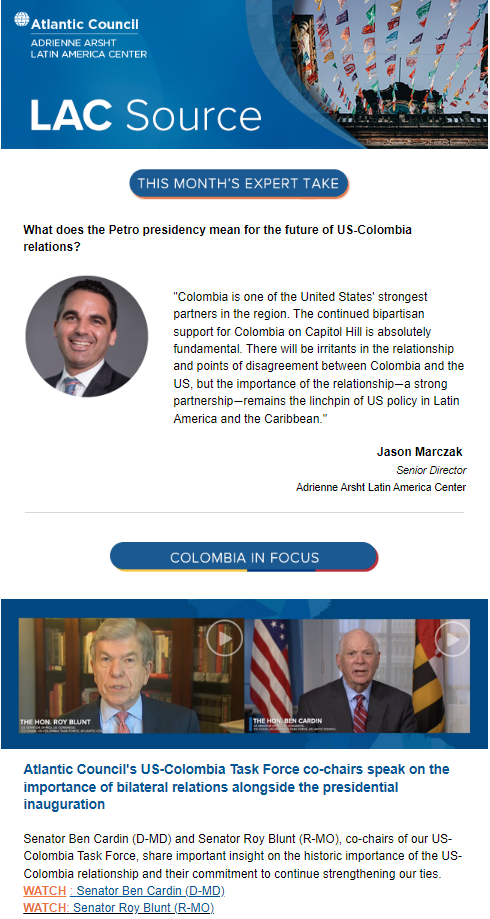
Subscribe to LAC Source Newsletter
Get monthly updates on Latin America and the Caribbean (LAC) to receive the latest developments of the region, upcoming public events and recaps, new reports, and more.

The Adrienne Arsht Latin America Center broadens understanding of regional transformations and delivers constructive, results-oriented solutions to inform how the public and private sectors can advance hemispheric prosperity.
Image: Photo by Marc Sendra Martorell on Unsplash
